Enterprise data management solutions help you organize, integrate, and control your enterprise’s data across systems. You face increasing challenges with fragmented data, complex integration, and the demand for business intelligence. Nearly 85% of businesses struggle with accessing new data sources, and 77% find IT unable to keep up with user requests. FineDataLink stands out as a modern data integration platform, supporting real-time synchronization, ETL/ELT, and API connectivity.
The global market for enterprise data management solutions continues to grow rapidly, as shown below:
| Source | Market Size (2024) | Projected Size (2032) | CAGR (2026-2032) |
|---|---|---|---|
| Verified Market Research | USD 79.92 Billion | USD 163.66 Billion | 8.3% |
| Straits Research | USD 125.27 Billion | USD 400.98 Billion | 13.8% |
| Precedence Research | USD 111.44 Billion | USD 349.52 Billion | 12.11% |

You need to understand what enterprise data management solutions are before you can use them effectively. Industry experts define enterprise data management solutions as a set of processes, practices, and activities that help you store, protect, retrieve, and manage data across your business. These solutions give you control over your data, making sure it stays accurate and secure. You can use enterprise data management solutions to centralize your data, which helps you access reliable information quickly. This improves your business operations and supports compliance with regulations.
Many large enterprises use data management solutions like TIBCO MDM and Ataccama ONE. These tools help you manage different types of data in one place. They support automated data governance, data quality, and master data management. You can run these solutions on-premise, in the cloud, or in hybrid environments.
FineDataLink is a modern data integration platform that helps you connect and transform data from many sources. You can use FineDataLink to synchronize data in real time, build ETL/ELT pipelines, and create APIs without writing code. This makes it easier for you to manage your enterprise data and support business intelligence.
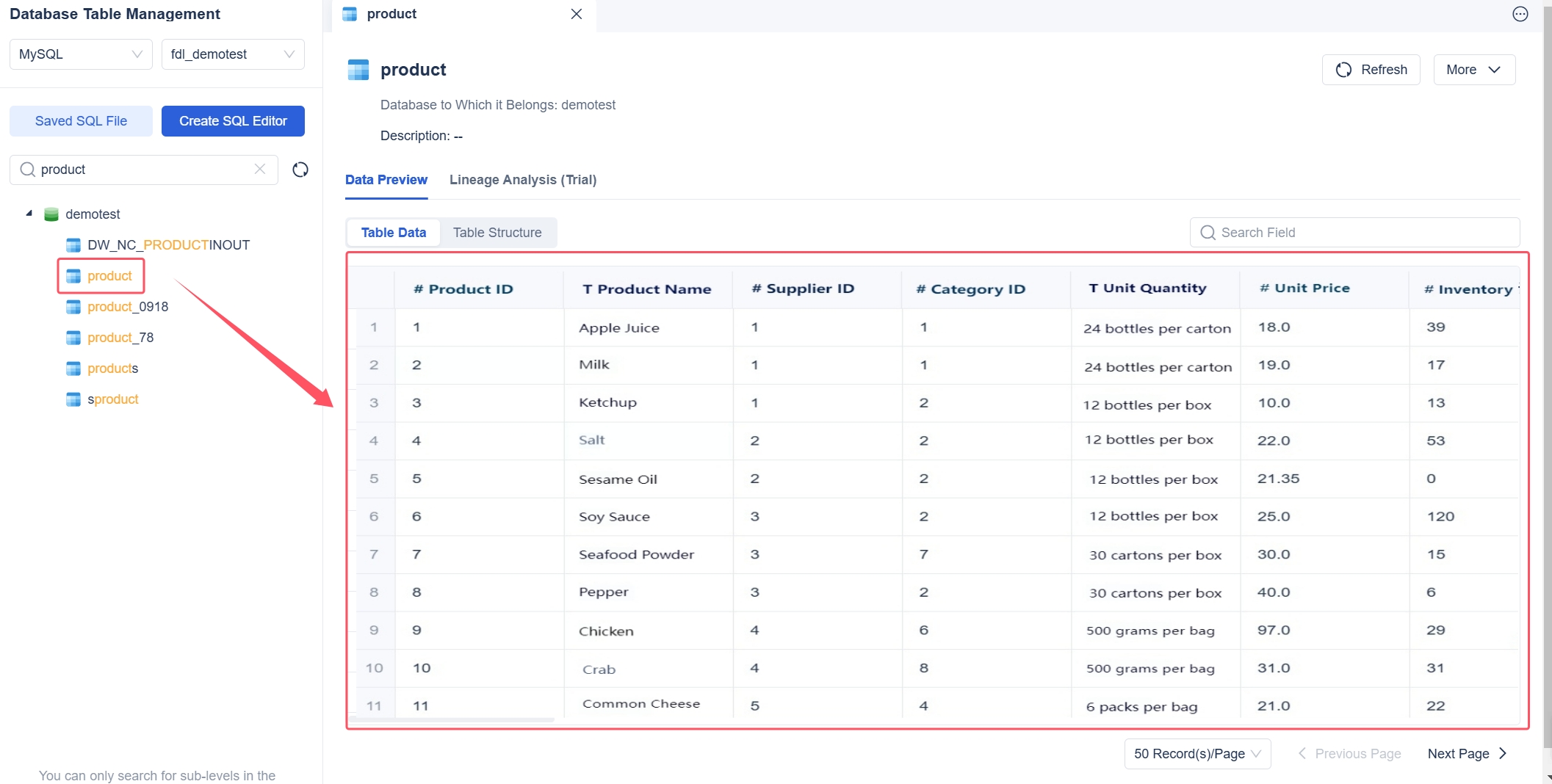
Enterprise data management solutions include several key components that work together to help you manage your data:
You also benefit from other components like data architecture, data operations, metadata management, and data warehousing. These elements help you store, process, and analyze data efficiently.
Note: Incorporating holistic data governance policies into your organization enables you to create resilient data solutions that align with both business and technical needs. This enhances the effectiveness of your enterprise data management solutions.
Enterprise data management solutions play a vital role in business intelligence. You need accurate and timely data to make smart decisions. These solutions ensure your data is accessible, reliable, and up-to-date. When you use enterprise data management solutions, you can analyze data faster and respond to changes in your business environment.
For example, companies like Leroy Merlin improved their refund and return process from 15 days to just 1.5–2 days by using intelligent automation and data management tools. Oscar Health increased claim processing efficiency, handling thousands of new claims daily and reducing handle time by 30%. NatWest Group automated nearly half of their data governance processes, cutting policy change times from weeks to days.
Enterprise data management solutions support business intelligence by:
You need to develop big data analytics management capabilities to get the most value from your data. With the right solutions, you can identify market opportunities, respond to threats, and improve your business analytics capabilities. FineDataLink helps you build an efficient and high-quality data layer for business intelligence, making it easier to use data-driven insights in your daily operations.
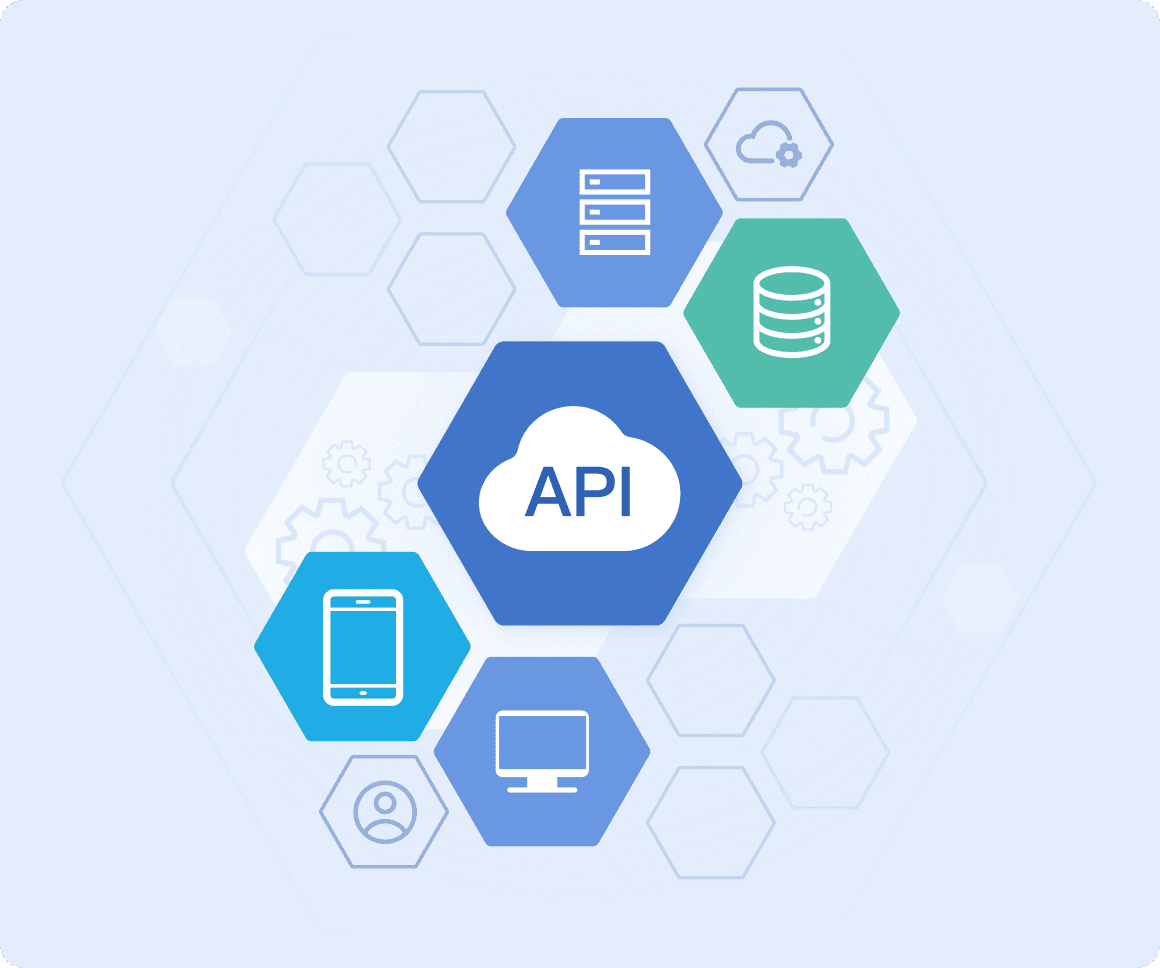
You face many challenges when managing data across your enterprise. Data silos and inaccessibility often block your teams from sharing information. These silos disrupt critical workflows and prevent you from using all available data. You may find that 68% of enterprise data remains unanalyzed because of accessibility barriers. Employees waste an average of 5.3 hours each week waiting for information, which leads to productivity losses and direct costs. Poor visibility and fragmented reporting can cause disagreements about key performance indicators. Leadership may lack a holistic view of performance, which undermines organizational effectiveness.
Here are the most common data-related challenges you encounter:
You also need to maintain data privacy compliance while navigating complex regulations. Balancing marketing and analytics needs adds another layer of difficulty. Integration complexity grows as you add new systems and data sources. Manual processes slow down your operations and increase the risk of errors. Scalability becomes a concern as your data volume expands. Real-time needs require you to synchronize and process data instantly.
FineDataLink helps you overcome these challenges. You can use its real-time data synchronization to break down silos and connect multiple systems. The platform supports over 100 data sources, so you can integrate data from different environments. Its low-code interface and drag-and-drop features reduce manual work. You can automate ETL/ELT processes and build APIs quickly, which streamlines your data management and supports data-driven success.
| Statistic | Impact |
|---|---|
| 82% of enterprises | Report data silos disrupt critical workflows |
| 68% of enterprise data | Remains unanalyzed due to accessibility barriers |
| 5.3 hours | Average time wasted weekly by employees waiting for information |
| 30% of annual revenue | Potential cost of siloed or incorrect data |
| $13 billion | Annual cost of poor data quality according to Gartner |
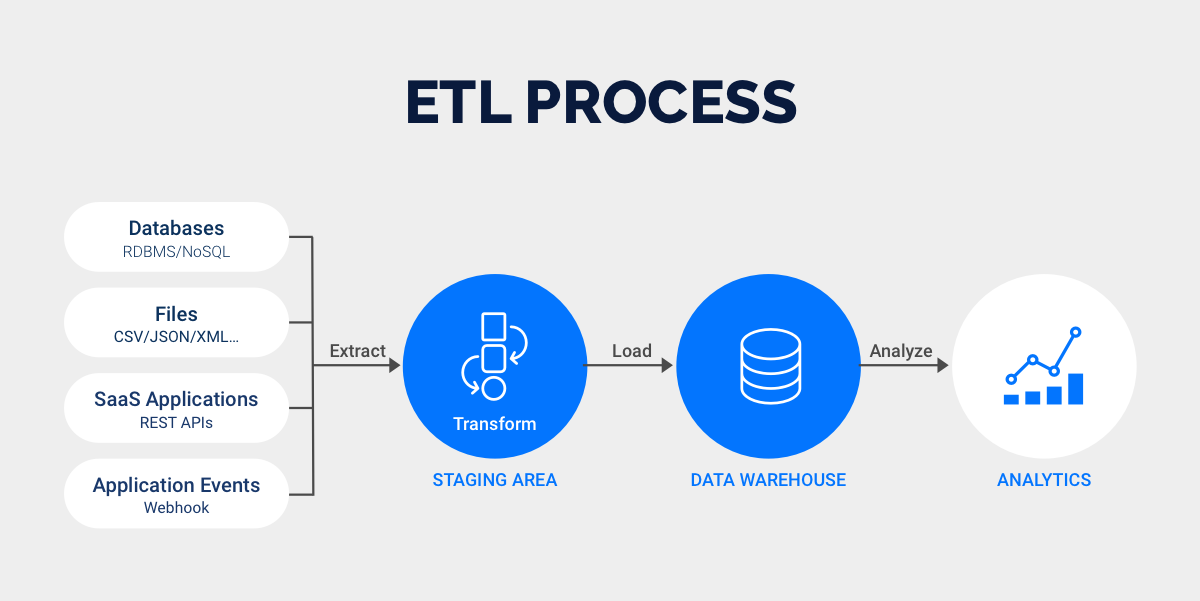
You need accurate and timely data to make informed decisions. Enterprise data management solutions give you access to reliable information, which improves your decision-making process. When you organize and integrate your data, you can respond quickly to market changes. You gain insights that help you identify opportunities and risks before your competitors.
| Benefit | Description |
|---|---|
| Improved decision-making | Accurate, timely data insights enable informed decision-making and swift responses to market changes. |
| Increased operational efficiency | Streamlined data processes reduce redundancies, enhancing productivity across the organization. |
| Enhanced data security | Robust encryption and monitoring minimize exposure to cyber threats, protecting sensitive information. |
| Better customer understanding | Integrated data provides insights into customer preferences, enabling personalized marketing efforts. |
| Competitive advantage | Effective data management allows organizations to identify opportunities and risks earlier than competitors. |
FineDataLink supports stronger data discoverability through metadata tagging and data cataloging. You can find and use data faster, which leads to quicker insights. Automated pipelines and well-organized data help you access information in real time. Consistent management ensures data accuracy and reliability, so you can trust your analytics. These features support your data-driven decision-making and help you achieve data-driven success.
| Benefit | Explanation |
|---|---|
| Stronger data discoverability | Enhanced practices like metadata tagging and data cataloging improve visibility across data landscapes. |
| Faster time to insight | Well-organized data and automated pipelines lead to quicker access to insights, enabling timely decisions. |
| Improved data quality | Consistent management ensures data is accurate and reliable, fostering trust and better decision-making. |
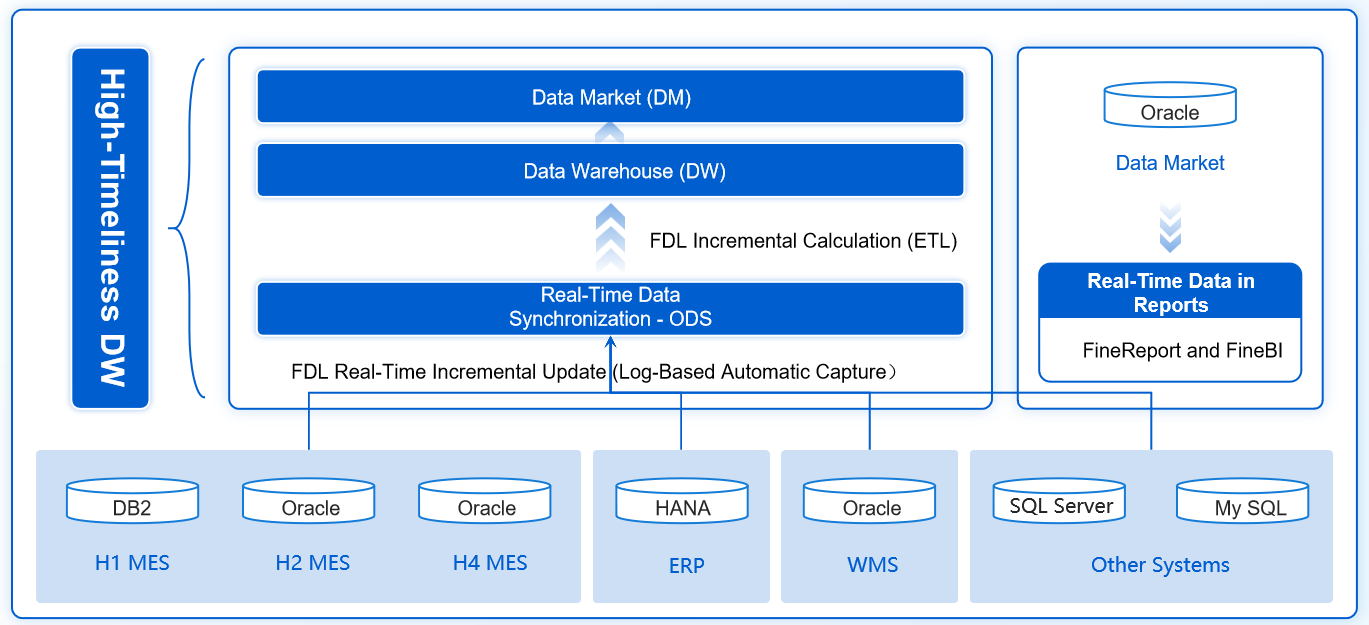
You must meet regulatory compliance requirements to protect sensitive information and avoid penalties. Regulations such as GDPR, HIPAA, and CCPA set strict standards for data privacy and security. You need to manage data throughout its lifecycle, ensuring accuracy, secure storage, and proper disposal. Only authorized users should access sensitive data, and you must transmit and destroy data securely.
Enterprise data management solutions help you comply with these regulations. FineDataLink offers encryption, access controls, and authentication to safeguard your data. Automated backups and continuous monitoring detect suspicious activities and support audit log collection. You can generate reports required by regulators and maintain auditable records. Centralized consoles allow you to enforce cryptographic policies and manage keys efficiently.
| Compliance Aspect | Description |
|---|---|
| Data Security Regulations | Organizations must comply with regulations governing data security. |
| Cryptographic Policies | Centralized consoles allow security teams to enforce cryptographic policies. |
| Key Management System | A unified KMS integrated with SIEM tools aids in audit log collection and real-time insights. |
| Risk Mitigation | Alerts and logs from SIEM tools help trace unauthorized access attempts and mitigate risks. |
You must ensure safe storage, legitimate use, secure transmission, and timely destruction of data. Enterprise data management solutions support these requirements and help you maintain regulatory compliance.
You need to optimize your operations to stay competitive. Manual processes slow down your workflows and increase the risk of errors. Enterprise data management solutions automate data extraction, processing, and cleaning. You can use intelligent algorithms to identify and fix errors, which streamlines your management tasks.
FineDataLink enables you to automate ETL/ELT pipelines and synchronize data in real time. You can scale your solution as your enterprise grows, using the same platform for different use cases. Sophisticated data tiering strategies optimize storage costs and performance. You save time and resources by reusing design patterns and automating repetitive tasks.
True scalability allows you to use enterprise data management solutions for customer analysis, cloud modernization, and other business needs. You increase efficiency, reduce costs, and improve productivity across your enterprise.
Tip: When you implement enterprise data management solutions like FineDataLink, you build a foundation for data-driven success. You improve accuracy, meet regulatory compliance, and gain a competitive edge in your industry.
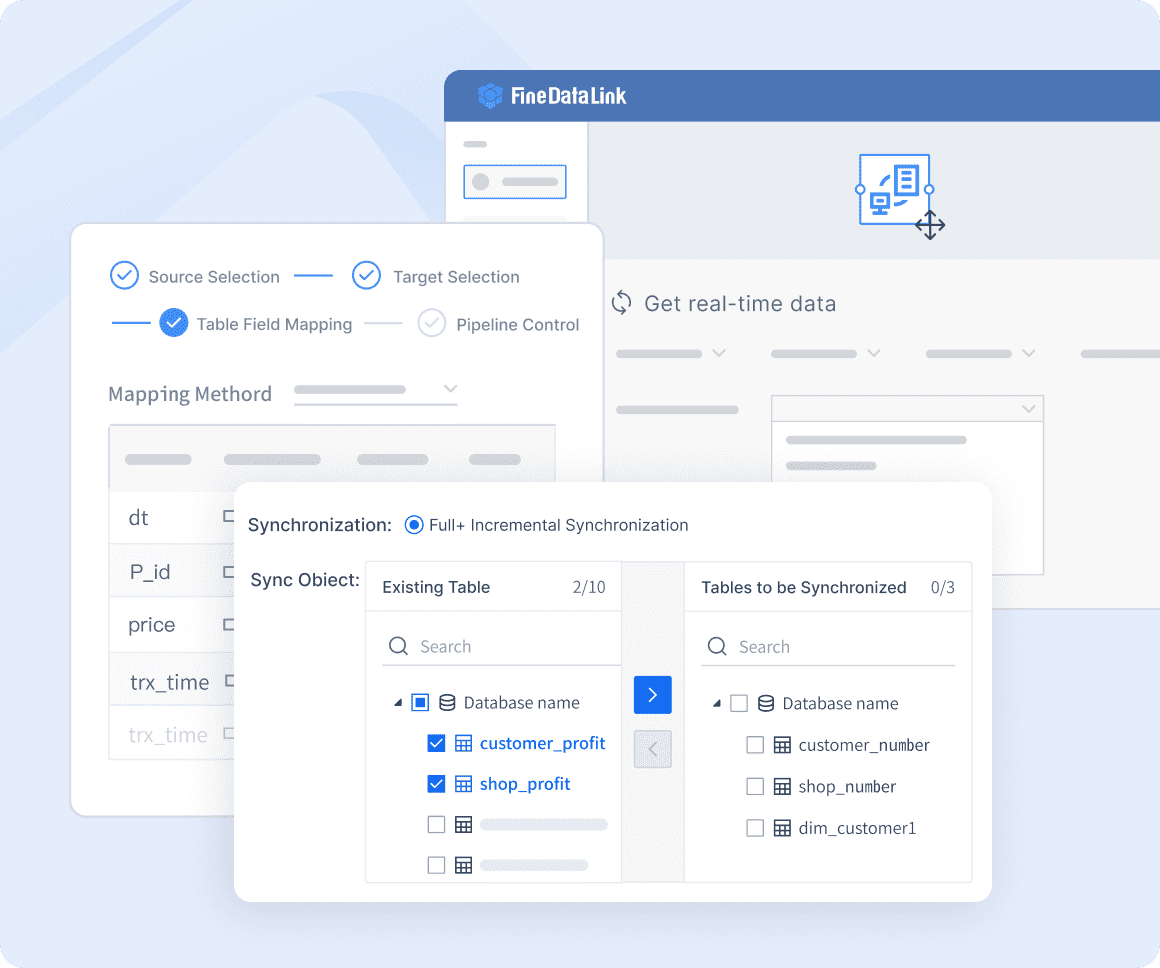

When you begin to implement What are enterprise data management solutions and why do businesses need them, you must first assess your needs. Start by reviewing your current data systems to find gaps and inefficiencies. Assemble a cross-functional team with stakeholders from every department. Define clear goals using the SMART framework. Engage stakeholders to build support and gather feedback. Develop a detailed implementation plan that includes processes, timelines, and responsibilities. Set strong data governance policies to ensure quality and compliance.
Tip: Use frameworks like DAMA-DMBOK2, DCAM, and COBIT to guide your assessment. These frameworks help you evaluate your data architecture, governance, and risk management strategies.
| Framework Name | Description |
|---|---|
| DAMA-DMBOK2 | Best practices and guidelines for data management, including architecture and governance. |
| DCAM | Assesses and improves data management capabilities as a strategic asset. |
| COBIT | Information governance for organizations with formal risk and compliance systems. |
Selecting the right platform for What are enterprise data management solutions and why do businesses need them is critical. You should compare platforms based on cost, data management capabilities, scalability, integration, deployment options, machine learning support, vendor reputation, and security.
| Criteria | Description |
|---|---|
| Cost and Billing | Review pricing models and total cost of ownership. |
| Data Management Capabilities | Assess data ingestion, storage, transformation, and governance features. |
| Scalability and Performance | Consider scalability and performance metrics. |
| Integration Capabilities | Look for flexible integration with existing tools. |
| Deployment Options | Choose public, private, or hybrid cloud based on security needs. |
| Machine Learning and AI | Check for built-in ML/AI or integration options. |
| Vendor Reputation and Support | Ensure strong support and security. |
| Security and Compliance | Prioritize robust security and compliance with regulations. |
Cloud-based platforms offer scalability and elasticity, letting you handle sudden spikes in data volume without major infrastructure investments.
FineDataLink stands out when you implement What are enterprise data management solutions and why do businesses need them. You benefit from a low-code platform that simplifies data integration. Real-time synchronization lets you access business data instantly. Advanced ETL and ELT capabilities support efficient data processing. The drag-and-drop interface improves operational efficiency. API integration reduces development time. Extensive documentation and instructional videos support users. Affordable pricing makes FineDataLink accessible for enterprises of all sizes.
| Feature | Description |
|---|---|
| Real-time Synchronization | Synchronizes data across tables and databases for timely access. |
| Low-code Platform | Simplifies development and boosts efficiency. |
| Data Pipeline Module | Improves responsiveness and disaster recovery. |
| API Data Access | Enables secure, code-free data transmission. |
FanRuan's methodology supports successful deployment. You gain self-service analysis, problem-oriented exploration, and independent dashboard creation. This approach optimizes data assets and reduces costs. Organizations like Marvel Kazakhstan have improved analytics and decision-making through FanRuan’s solutions.
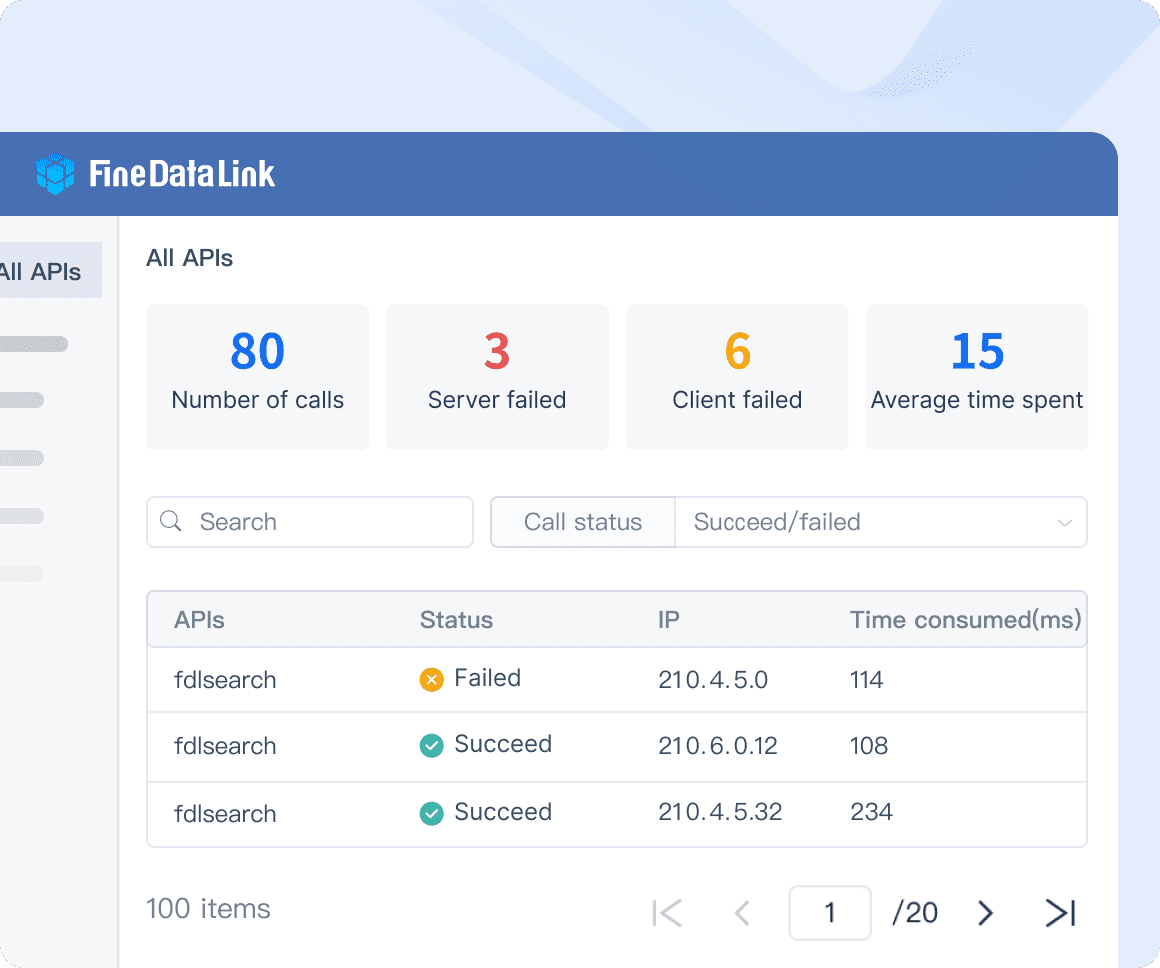
Follow best practices to maximize the value of What are enterprise data management solutions and why do businesses need them:
You avoid common challenges like data silos and inconsistent reporting by following these steps. Continuous education and support increase employee engagement and accelerate ROI. FanRuan's support ensures your enterprise achieves data-driven success.
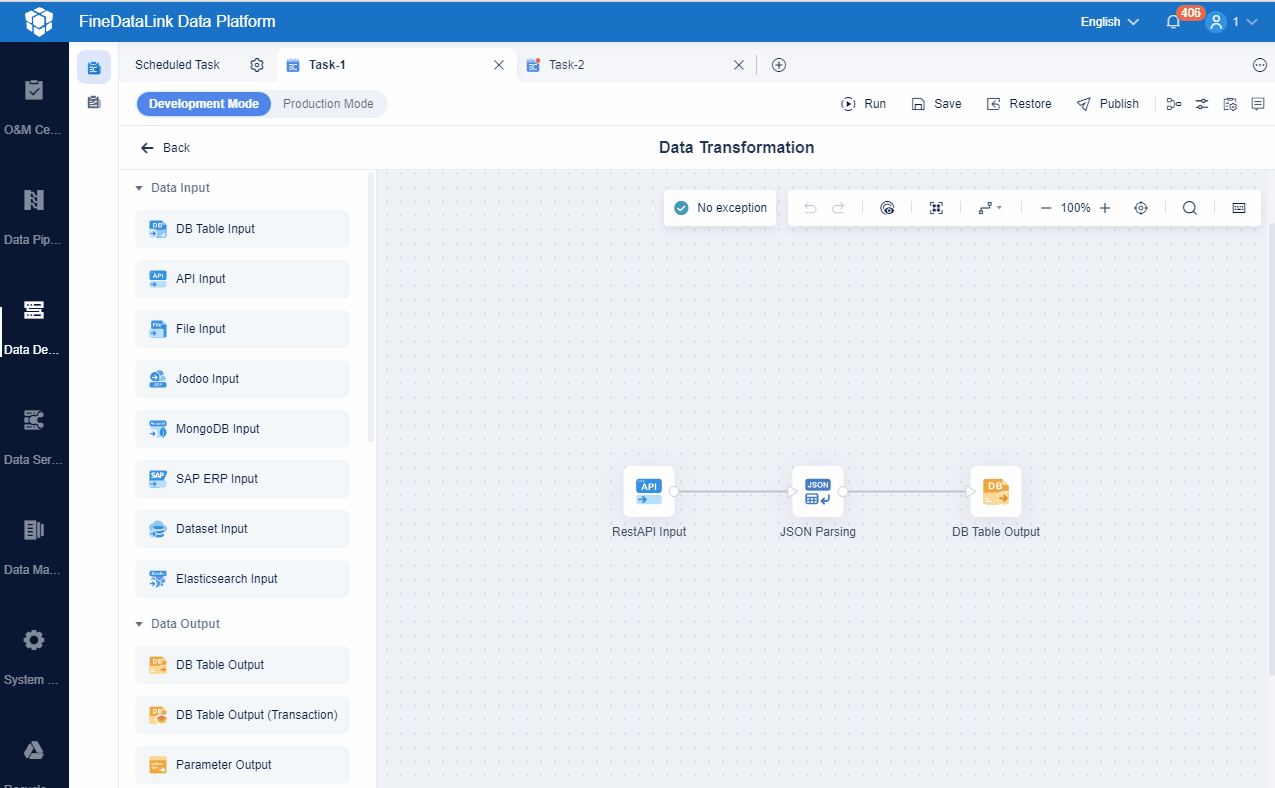
You gain a competitive edge when you adopt What are enterprise data management solutions and why do businesses need them. FineDataLink helps you break down data silos and improve productivity. Efficient data integration supports better decision-making and measurable growth.
| Benefit | Description |
|---|---|
| Enhanced Data Accessibility | You access reliable data for informed decisions. |
| Operational Efficiency | You streamline processes and reduce errors. |
| Adaptability and Agility | You respond quickly to market changes. |
| Data-Driven Culture | You foster a culture that values data integrity. |
Consider your cost, data location, management practices, data quality, culture, and compliance needs. Modern solutions help you achieve efficiency and long-term success.
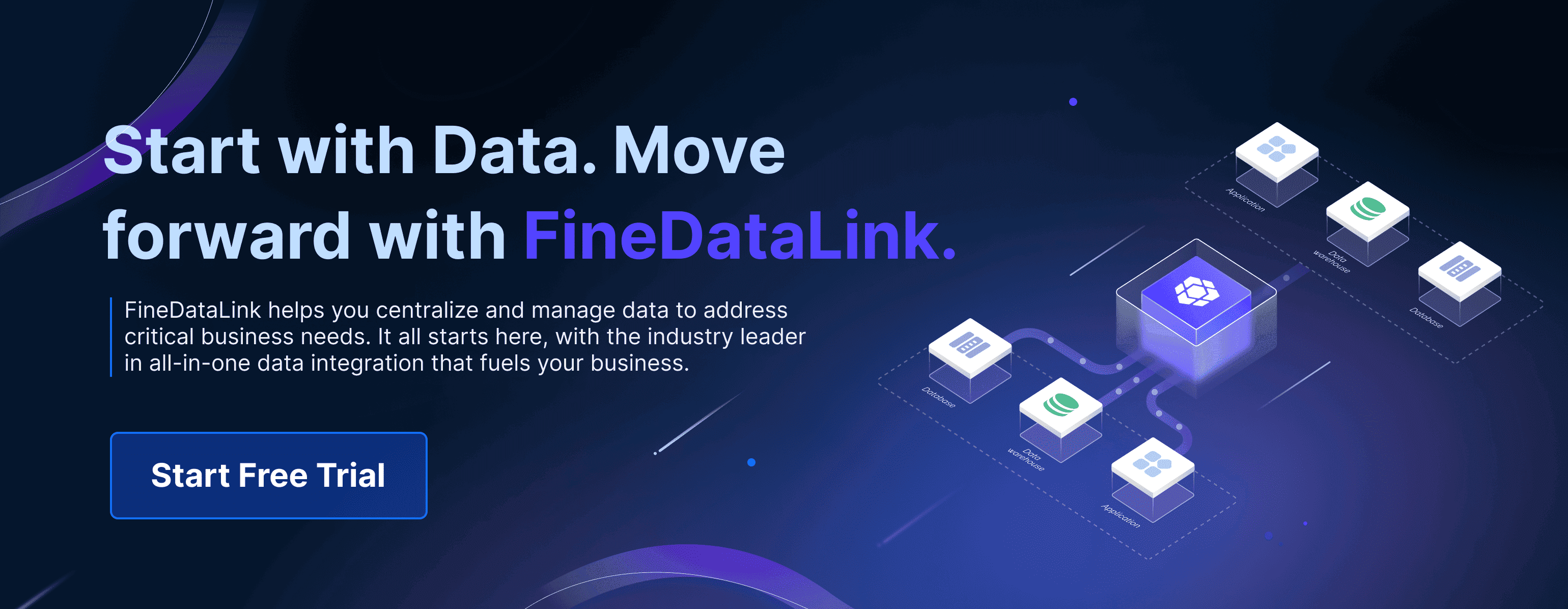
Enterprise Data Integration: A Comprehensive Guide
What is enterprise data and why does it matter for organizations
Understanding Enterprise Data Centers in 2025
Enterprise Data Analytics Explained for Modern Businesses

The Author
Howard
Data Management Engineer & Data Research Expert at FanRuan
Related Articles

What is a data management platform in 2025
A data management platform in 2025 centralizes, organizes, and activates business data, enabling smarter decisions and real-time insights across industries.
Howard
Dec 22, 2025

Top 10 Database Management Tools for 2025
See the top 10 database management tools for 2025, comparing features, security, and scalability to help you choose the right solution for your business.
Howard
Dec 17, 2025

Best Data Lake Vendors For Enterprise Needs
Compare top data lake vendors for enterprise needs. See which platforms offer the best scalability, integration, and security for your business.
Howard
Dec 07, 2025